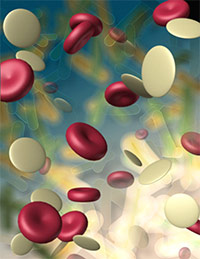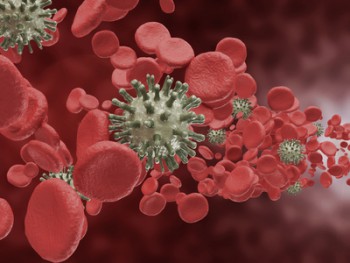
How proactive are you about your health? According to the American Cancer Society, the healthy living tips recommended for patients undergoing cancer treatment can also reduce the risk of developing cancer in the first place.
Good Nutrition and Physical Activity Can Reduce Cancer Risk
According to the World Cancer Research Fund, approximately 20 percent of cancer cases in the United States are connected to poor health habits, including obesity, excessive alcohol consumption, physical inactivity and lack of nutrition.
Here’s a look at how you can start today to reduce your personal cancer risk.
1. Maintain a Healthy Weight
Excess weight puts hormones such as estrogen and insulin into overdrive, which can promote development of tumors. In addition to reducing cancer risk, maintaining a healthy weight prevents or controls diabetes, cardiovascular disease and other issues.
2. Be Physically Active
Exercise involves physical activity performed at a moderate or vigorous intensity. This can include gardening, walking and biking as well as more traditional forms such as sports and weight lifting. Aim for at least 150 minutes of moderate activity or 75 minutes of vigorous activity every week.
3. Follow a Nutritious Diet
– Avoid processed foods.
– Eat at least 2-1/2 cups of fruits and vegetables daily.
– Choose foods that are low in fat, sugar and calories.
– Cut back or eliminate refined carbohydrates in favor of whole-grain products.
– Eat smaller portions.
– Limit your intake of alcohol.
Integrative Cancer Treatment at Issels®
At Issels®, our personally tailored cancer treatment programs combine a number of complementary elements, including nutritional immunotherapy. Contact us to learn why we are the leader in non-toxic, state-of-the-art immunotherapy cancer treatment.





